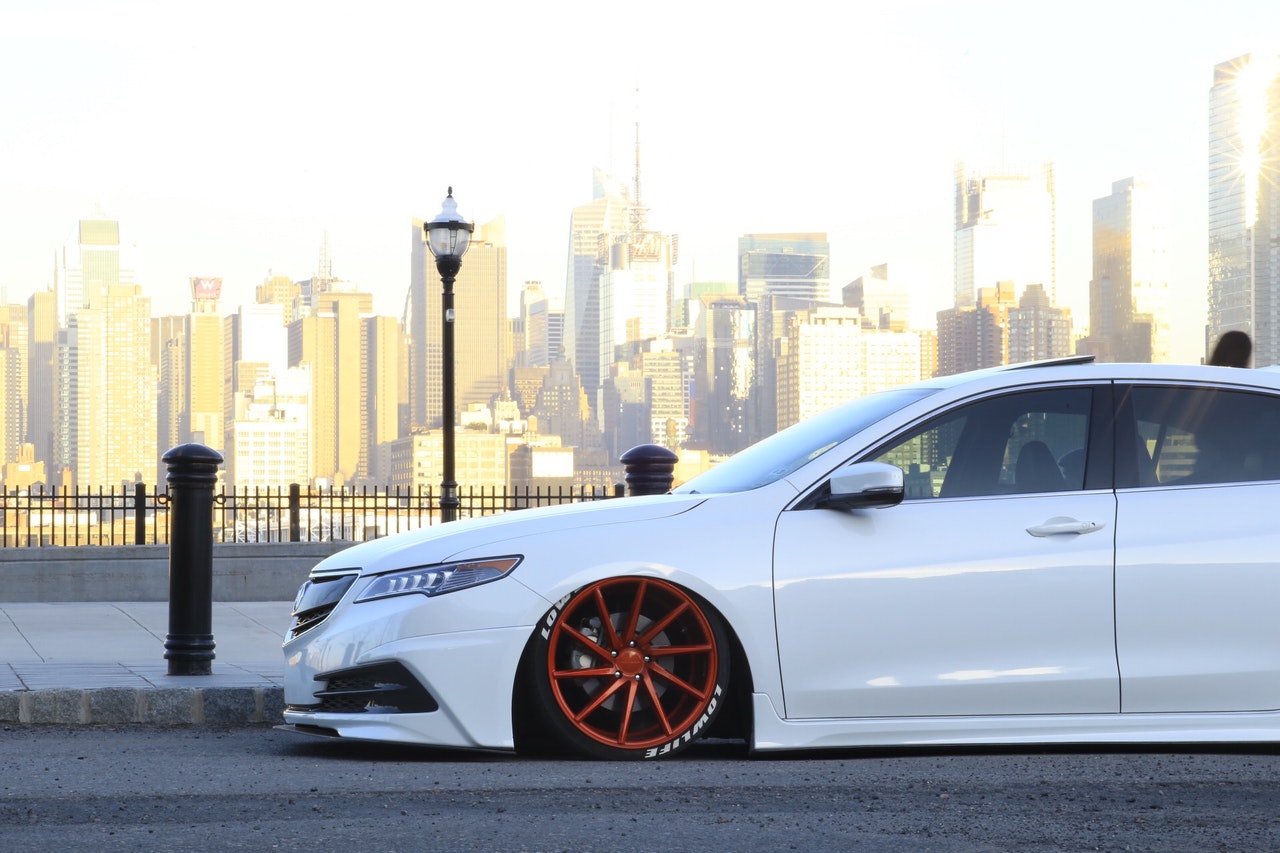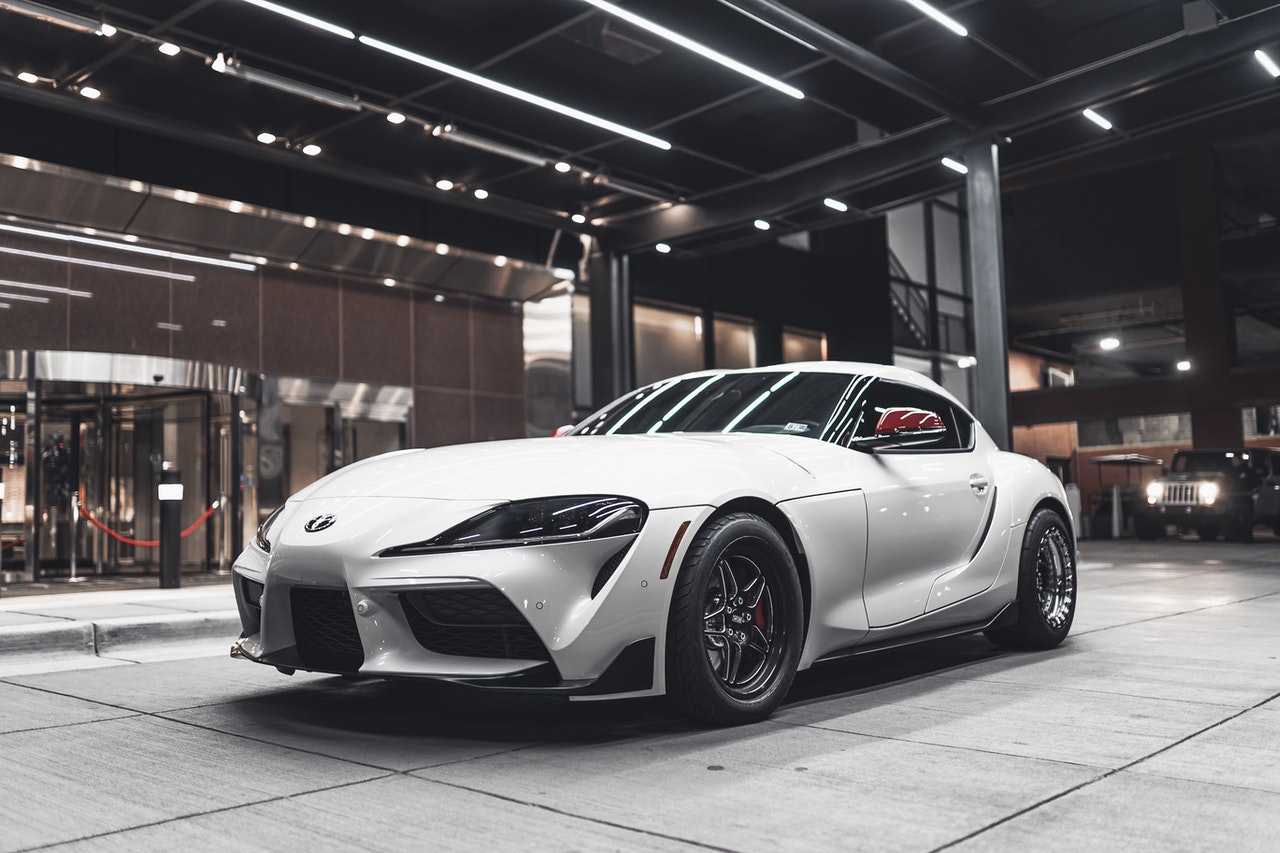How to build a custom car without going overboard with the costs
Few greater challenges await the true petrolhead than building a road-legal car entirely from scratch – or somewhere near ‘scratch’, anyway. You see, there are several ways in which one can build a car, and even the very term ‘custom car’ can mean very different things to different people.
Custom cars vs kit cars
It’s easy to presume, for example, that a custom car is exactly the same as a ‘kit car’, and it’s true that the two terms are often used interchangeably.
However, while – according to the Collins English Dictionary – a custom car is defined as “a car that is built to the buyer’s own specifications”, many people interpret the term ‘kit car’ to refer to an already prepared kit of car parts that the manufacturer sells and the customer assembles.
A kit car, then, might be considered the full-size car equivalent of an Airfix model kit that comes already supplied with instructions. Meanwhile, a custom car is akin to if you had substituted certain components of that Airfix model kit for others of your own choice, creating something truly unique.
But of course, all that one needs to do is swap a few parts of their kit car for alternative components, for a kit car to effectively be the same thing as a custom car.
This brings us neatly onto one of the most pressing questions that you are likely to be asking yourself if you fancy building a car of your own specification: “how on Earth can I keep the costs under control?”
Getting ready to build
Yep – given the challenge that building your own custom car represents, you can’t get to the ‘glamorous bit’ of actually choosing a car model to work on, straight away.
Instead, you’ll first need to research, drawing upon the depth and breadth of resources available in the kit-car world. You’ve already got started on that by reading this blog article, but you should also be consulting industry magazines at this stage, as well as the websites and publications of the popular kit-car manufacturers.
At this point, your focus should be on soaking up knowledge like a sponge before making any decisions on a build to embark upon. This stage of your custom car journey might also take you on visits to the likes of specialist car shows and local owner’s clubs.
Preparing like this isn’t just about helping you to feel more confident when you do start making decisions. That’s because it’s also crucial for ensuring you don’t make easy-to-avoid mistakes that could send your expenditure on custom car assembly sky-high.
What kit car works for your budget?
If you’re looking to build your own car for the very first time, you’ll presumably be going down the kit-car route regardless, choosing a model that is familiar and not too intimidating for the first-timer to assemble. Or will you?
You see, you actually have two broad options here: assembling a complete kit or using a donor vehicle. While a complete kit really will enable you to build a car from scratch – right down to every last nut, bolt, panel and screw – using a donor vehicle could save you from having to buy a lot of components separately.
It can also be a lot of fun to feel like you’re embarking on your own journey with the assembly of your vehicle, instead of simply following a manufacturer’s pre-set assembly instructions and adding your own twists to them along the way.
Donor builds do tend to be cheaper than the ‘complete kit’ route. While you might be able to assemble a custom car from a donor vehicle for just £10,000 or so, at the time of writing, the cheapest Caterham Seven – the 270 – set back purchasers a cool £27,490. 
Be resourceful about where you get your tools and parts
Presuming you already have a large garage or workshop ready that would be suitable for assembling a custom car, you’ll also need to ensure you have the right tools at your disposal. Workshop repair manuals are also a valuable resource you may need.
Thankfully, most of the tools that you’re likely to require will just be hand tools – and the more of these you can buy or borrow from friends, family or fellow kit-car enthusiasts, the more money you will hopefully be able to save on them.
As for the parts that you’ll need for the car itself, the process of obtaining them for a donor vehicle truly shows the merit of the saying, “one man’s trash is another man’s treasure”! Peruse the offerings of your local car breakers, scrap yards and vehicle dismantlers for hidden gems, and fill in any ‘gaps’ in what you need by turning to auto parts suppliers and retail stores.
Don’t forget those additional costs
Even once the assembly is done, your custom car could still be incurring notable costs. Kit cars like the Caterham Seven need to pass an Individual Vehicle Approval (IVA) test to be road legal, for instance, so you will need to budget for the related expense.
Finally, there’s also the not-insignificant matter of insuring your custom car. With these vehicles being unique by their very nature, they don’t conform to any of the 50 insurance groups used to rate standard vehicles. Using a standard insurance broker might therefore mean that your vehicle doesn’t end up being protected for its true value.
Fortunately, specialist firms such as MoneyBeach possess the level of understanding and expertise needed to ensure you get a competitive deal on dedicated kit-car insurance. Then, with a suitable policy arranged, you’ll (hopefully) be in a position to take to the road at last in your bespoke pride and joy!

